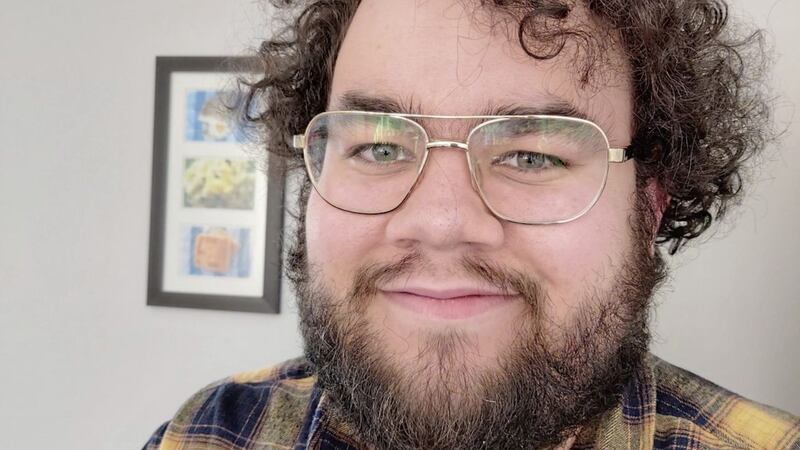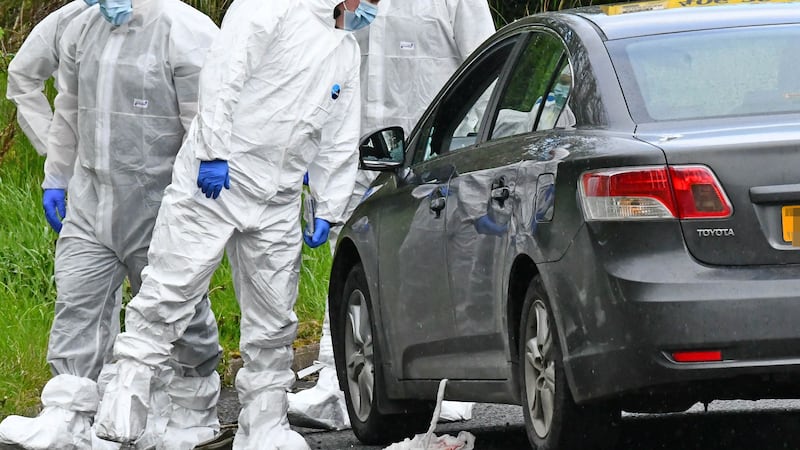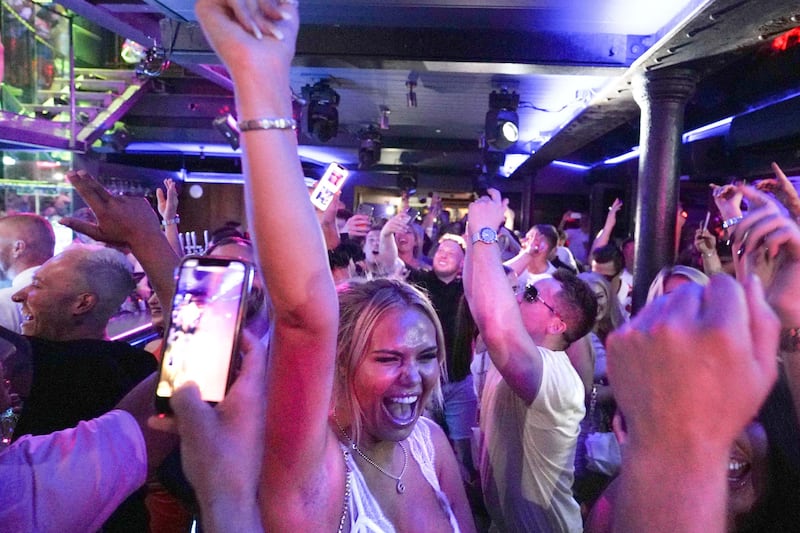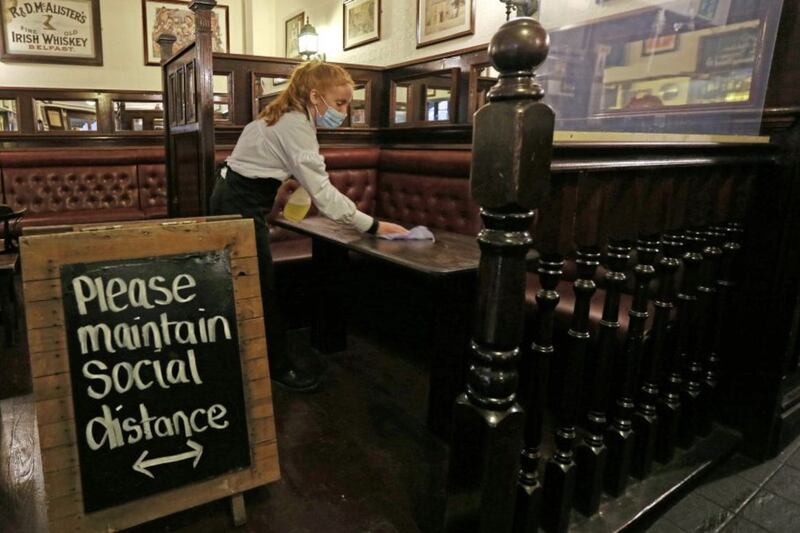A YOUNG Belfast man has told of how he suffered a stroke a week after contracting Covid-19 as a leading charity funds the first study into the long-term impact of Covid-19 on the condition.
Conor Mills (22), an occupational therapist student, has described how his life changed after battling coronavirus and a stoke, which saw him lose his speech and movement in his right hand.
He is speaking out about his experience as the Stroke Association funds the world’s first study to determine the long-term impact of Covid-19 on stroke survivors.
It comes amid concerns the virus may be causing more severe strokes in patients with fears it could be increasing the chance of blood clots forming in the brain and blocking blood flow.
Researchers at University College London Hospitals (UCLH) are following around 4,000 stroke survivors, with and without Covid-19, from across 13 emergency stroke units.
Stroke recovery, rehabilitation and health will be tracked for 18 months after their stroke to help understand how coronavirus impacts stroke recovery and which treatments might best support survivors’ recoveries.
Mr Mills was studying in Bristol when he contacted corovavirus in November and a week later suffered a stroke.
"I’d been asleep and woke up to find not only that I couldn’t speak, but I couldn’t understand what others were saying to me," he said.
"I was unable to move my right hand and felt like my brain was going crazy.
"I eventually worked out that something must have happened whilst I was asleep but I just couldn’t understand what it was.
"Thankfully one of my friends who shared the house with me, phoned 999 and an ambulance rushed me to hospital where they confirmed that I’d had a stroke."
He spent three weeks in hospital where he recovered well but was left with aphasia and loss of feeling in his right hand.
"It’s been tough as I used to love reading but that’s been affected badly by the stroke," he said.
"For me, communicating has become so difficult. There’s times I can’t find the right word and I have to stop. I’m receiving speech and language therapy which is really helping but I get frustrated.
"At the moment I’m unable to feel temperature with my right hand.
"There’s been times when I’ve burnt myself cooking as I just can’t feel hot or cold with that hand. It means I have to adjust and remember to use my left hand for that sort of thing."
He said he is unsure if he will return to university.
"Soon after the stroke it hit me that my recovery is going to take a while and I can’t change that so, I might as well approach it with a positive attitude," he said.
"I suppose that one positive thing I see now is, I’ve been given this opportunity to rethink my future."
Dr Richard Perry from UCLH said the research is "essential to understand if Covid-19 results in more severe strokes, where survivors will need more support to recover from its devastating effects".
"The findings from this study will inform decisions about the most effective treatment and the rehabilitation needs of this group of patients, including prevention of recurrent stroke," he said.
Dr Rubina Ahmed from the Stroke Association, said: "It’s extremely concerning that we’re seeing strokes happening in ways we have not seen before.
"This research is absolutely critical in understanding and treating stroke after Covid-19, to help reduce the devastating effects and ultimately improve lives."








